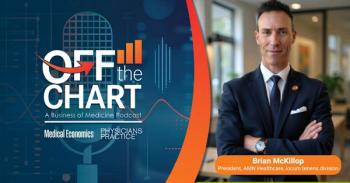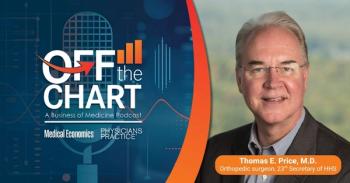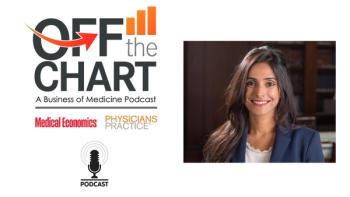
Military Veterans an Ideal Population to Boost Healthcare Corps
With a projected shortage of healthcare professionals, the cavalry may be found in returning members of the U.S. military.
The physician assistant profession finds its roots heavily grounded in the military. The first PAs entered our healthcare system in 1967, and were Navy corpsmen and medics returning from the war in Vietnam. The profession itself was created by Dr. Eugene A. Stead, who also designed the initial PA program at Duke University.
Since then, the PA profession has exploded and there are more than 81,000 certified PAs in the country - 70 percent of whom are women. Six thousand PA students graduate each year from over 150 PA programs and enter virtually every specialty of medicine, and the profession still has a strong presence in the military.
PAs are vital members of the healthcare team and ensure access to care for all patients, especially those in the medically underserved remote areas and urban communities. This was true when the profession was initially established in the 1960s, and remains true today.
So it was exciting to see that President Obama recently renewed the administration’s commitment to providing support to veterans looking for work when they leave the military, as a pathway to a fulfilling career for veterans.
Under this initiative, the administration will make it easier for veterans to receive the training, education, and credentials they need to transition to the civilian workforce or to pursue higher education.
The shortage of physicians who deliver direct patient care is a very complex issue, given the evolving healthcare system and prediction that massive numbers of additional new healthcare providers will be needed.
Now that PAs are better recognized within the healthcare system, the pressing question remains for legislators as well as President Obama: How quickly can these returning veterans be trained as physician assistants?
Educating physicians, physician assistants, and nurse practitioners is an expensive and time-consuming proposition. In the current economic environment, it is difficult for all professional ranks to find enough qualified, quality applicants who have successfully complete medical training.
So I was relieved and really happy the about a program that begins to solve at least one part of this problem.
One of many significant concerns in these economic times is the unemployment rate in our community and nation. In what I consider a win-win, this program will encourage and assist returning veterans, many of whom have significant healthcare training and experience in the military, to be trained in physician assistant programs and eventually improve access to quality healthcare to those who need it most.
Today, demand for primary-care physicians, physician assistants, and other healthcare providers is very high. With significant levels of unemployment in our country, it makes sense to provide an avenue to capitalize on veterans’ training and experience in healthcare, in retraining them as physician assistants, and rapidly deploying them to areas of greatest need.
I am glad that our military personnel will be coming home from the Middle East in the near future. For those like me who are concerned that this will put additional strain on our already fragile economy, the president's plan to utilize this valuable resource makes excellent sense and will help both the healthcare system and our returning veterans.
I am hoping that institutions of higher PA education will move rapidly to take advantage of this program and begin admitting veterans with appropriate experience and credentials into PA programs as quickly as possible. We will all benefit.
Find out more about Stephen Hanson and our other
This blog was provided in partnership with the American Academy of Physician Assistants. For more information, visit
Newsletter
Optimize your practice with the Physicians Practice newsletter, offering management pearls, leadership tips, and business strategies tailored for practice administrators and physicians of any specialty.









